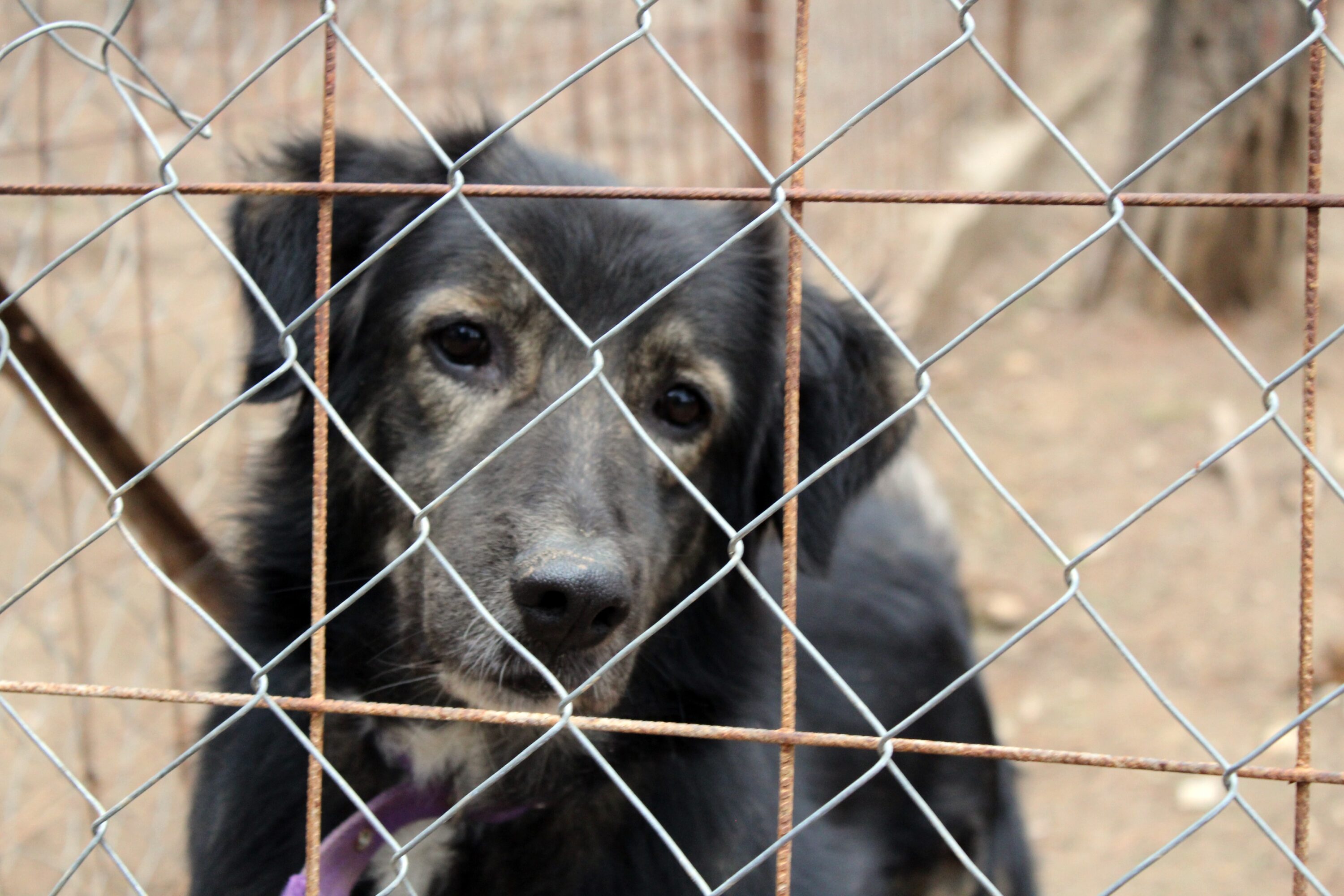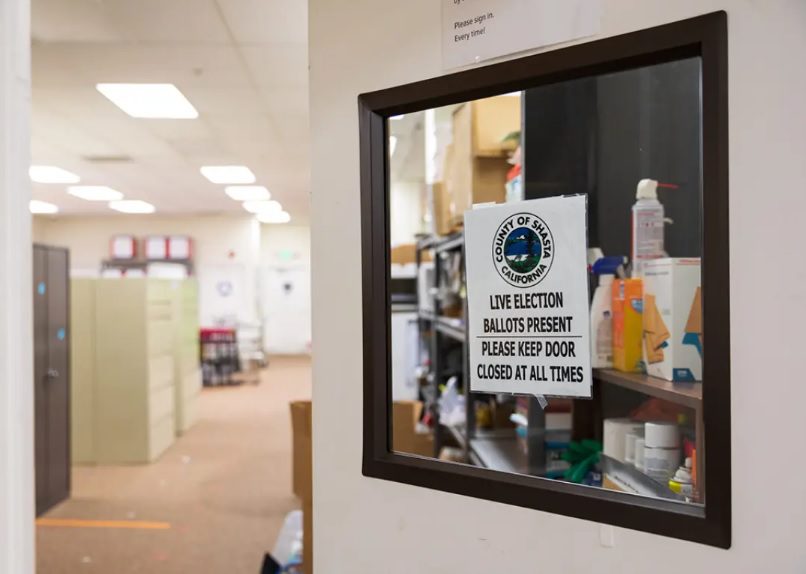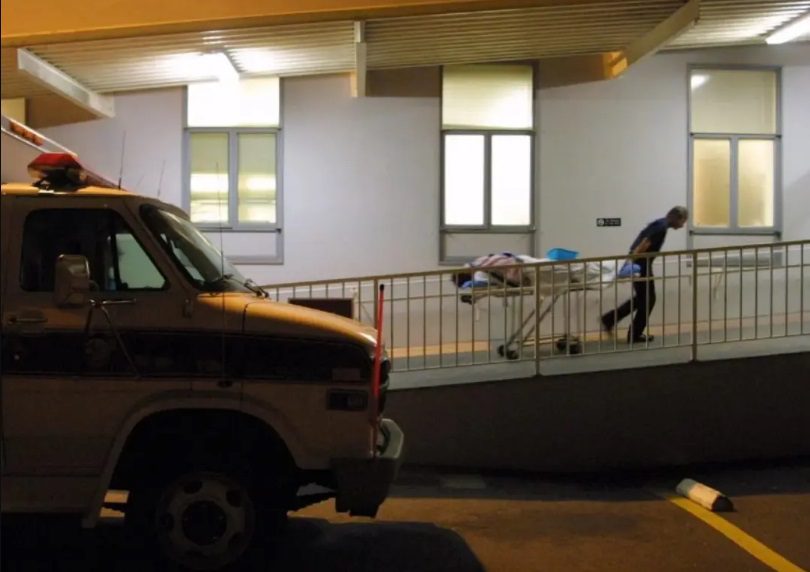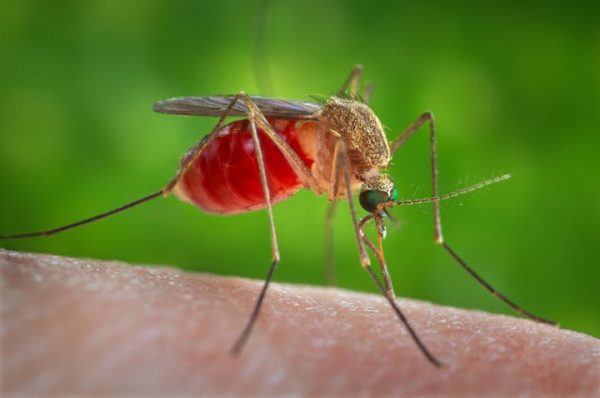The Los Angeles City Council Friday approved a motion calling for a moratorium on breeding permits in a move to address overcrowding at the six city-run animal shelters.
The Council voted 14-0 on the matter, with Councilman Marqueece Harris-Dawson absent during the vote. The motion instructs the city attorney within 15 days to prepare and present an ordinance amending city law to place an immediate moratorium on new breeding permits.
The moratorium would be lifted once shelters were at or below 75% capacity for three consecutive months, and could be automatically reinstated if shelter capacity rises above 75%. Should the ordinance need more time to be prepared, the motion instructs the City Attorney to amend city law to allow Staycee Dains, general manager of the Department of Animal Services, discretion to limit the issuance of breeding permits.
Additionally, animal services will provide a report detailing violations and citations issued in 2022 related to breeding permits, an analysis of fees associated with violations and a list of cities that placed moratoriums or banned breeding permits.
While the council approved the motion without additional comment, the three-member Neighborhood and Community Enrichment Committee, which unanimously supported the moratorium, held a lengthy discussion during its Oct. 4 meeting.
“The point of a moratorium isn’t necessarily to stop breeding — that has to happen through enforcement,” Dains said.
“The importance of a moratorium is to signal to the community clearly that our shelters are not in any position to take in one more animal,” she added.
At a September Board of Animal Services Commission meeting, Dains reported the city had issued about 1,200 breeding permits so far this year, and is on pace to finish the year with about 1,800.
She said that the moratorium puts the city in a “precarious position,” it nonetheless reflects the reality of the ongoing shelter crisis.
A moratorium may not necessarily stop unwanted litters, yet it will send a message to the entire community that breeding is not an activity supported by the city, according to Dains.
While Dains said LAAS does everything it can not to euthanize animals because it’s inhumane and causes emotional and mental distress for staff, that’s not always the case.
“Organizations that are pro-breeding are not organizations that do anything to help animals in animal shelters,” she said. “They’re simply creating animals for us to kill later on, and that is not appropriate.”
Councilwoman Eunisses Hernandez, who chairs the committee, questioned Dains about LAAS how staff engage individuals seeking breeding permits and whether educational conversations around spaying and neutering animals occur — and the consequences of not doing so.
Dains said it’s something LAAS is working on, but that the challenge lies in part from a lack of staff. Overall, more education and community outreach could take place at the shelters or out in the community if LAAS had enough staff, she said.
Dains told committee members she would be requesting $3 million to fund 120 as-needed staff to get the department through June 30, 2024 — around the time the next fiscal year would begin.
“We need that desperately,” she said.
Soon after, Hernandez introduced a motion seeking to allocate the requested $3 million.







